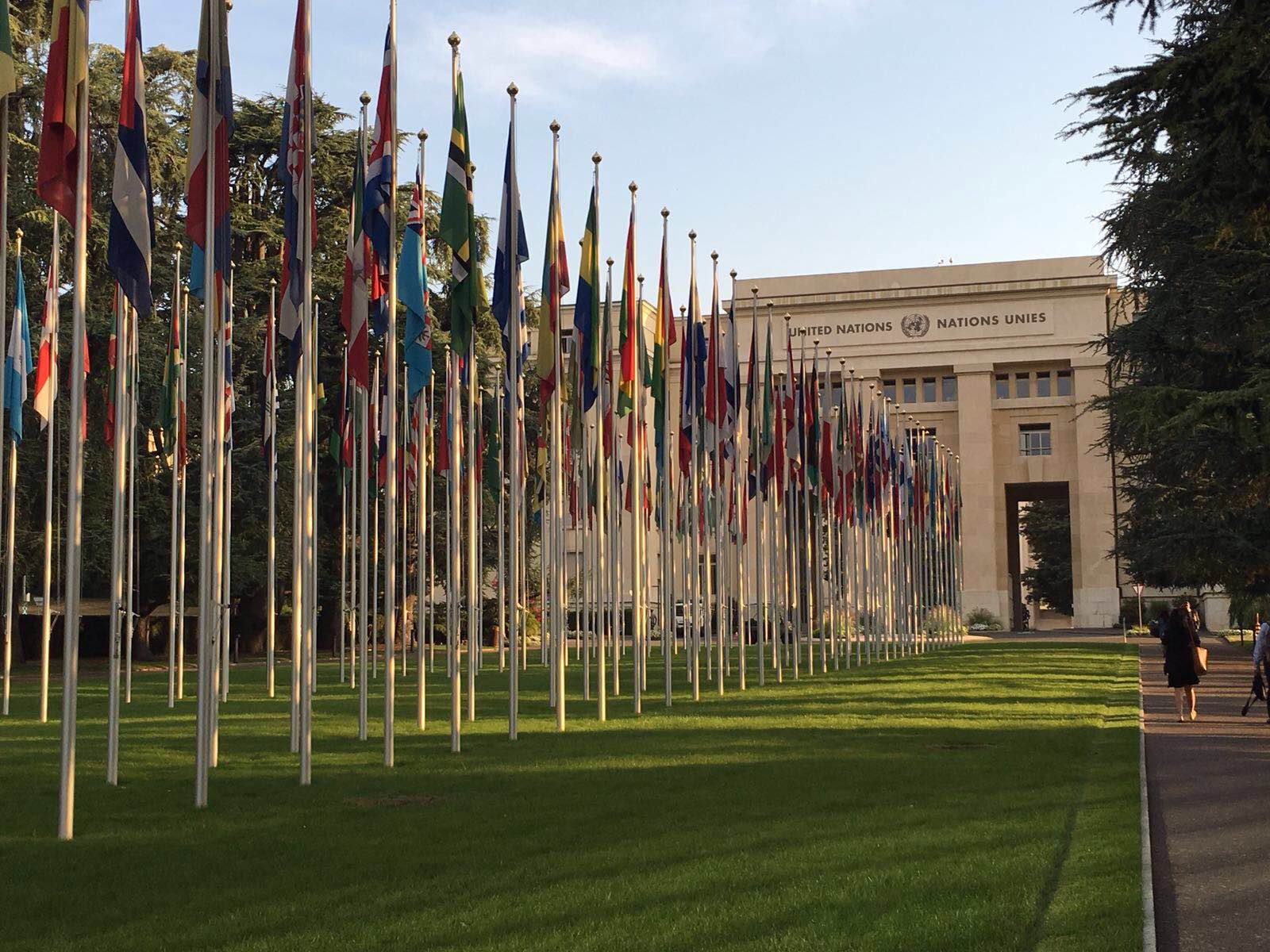On 20 September, Erin Sigmon, Advocacy Assistant at ADHRB, delivered an oral intervention under the Panel Discussion on Violence against Indigenous Women and Girls at the 33rd session of the United Nations Human Rights Council in Geneva. Please continue reading for full remarks or click here to download a PDF.
Esteemed Panelists,
Americans for Democracy & Human Rights in Bahrain would like to raise our concern regarding ongoing policies of discrimination against the female Bedoon populations in the Gulf Cooperation Council countries. Bedoon women and women married to Bedoon partners are disenfranchised by regional governments, particularly those of Kuwait and Saudi Arabia.
Bedoon women’s births often go unregistered, contributing to a lack of basic documentation. Without a birth certificate, Bedoon women are unable to access basic government services, like state-sponsored healthcare. As a result, Bedoon mothers often cannot give birth in public hospitals. Giving birth without proper medical care is dangerous to both mother and child.
Kuwait and Saudi Arabia are among the 27 countries in the world where a woman cannot pass on nationality to her child. This particularly affects citizen women who marry Bedoon men and are ultimately unable to pass their nationality onto their children. Male children, who are born within the country to a citizen mother and a Bedoon father, can apply for citizenship at an older age. However, daughters can only obtain citizenship through marriage. The Governments of Saudi Arabia and Kuwait contribute to the perpetuation of statelessness among the Bedoon populations by preventing women from passing down citizenship.
The Governments of Saudi Arabia and Kuwait are directly in violation of their international obligations by not allowing thousands of their indigenous peoples to obtain citizenship. We ask the distinguished panel, what steps can the Saudi and Kuwaiti governments take to ensure that all Bedoon populations have the opportunity to gain citizenship and enjoy basic human rights?
Thank you.





